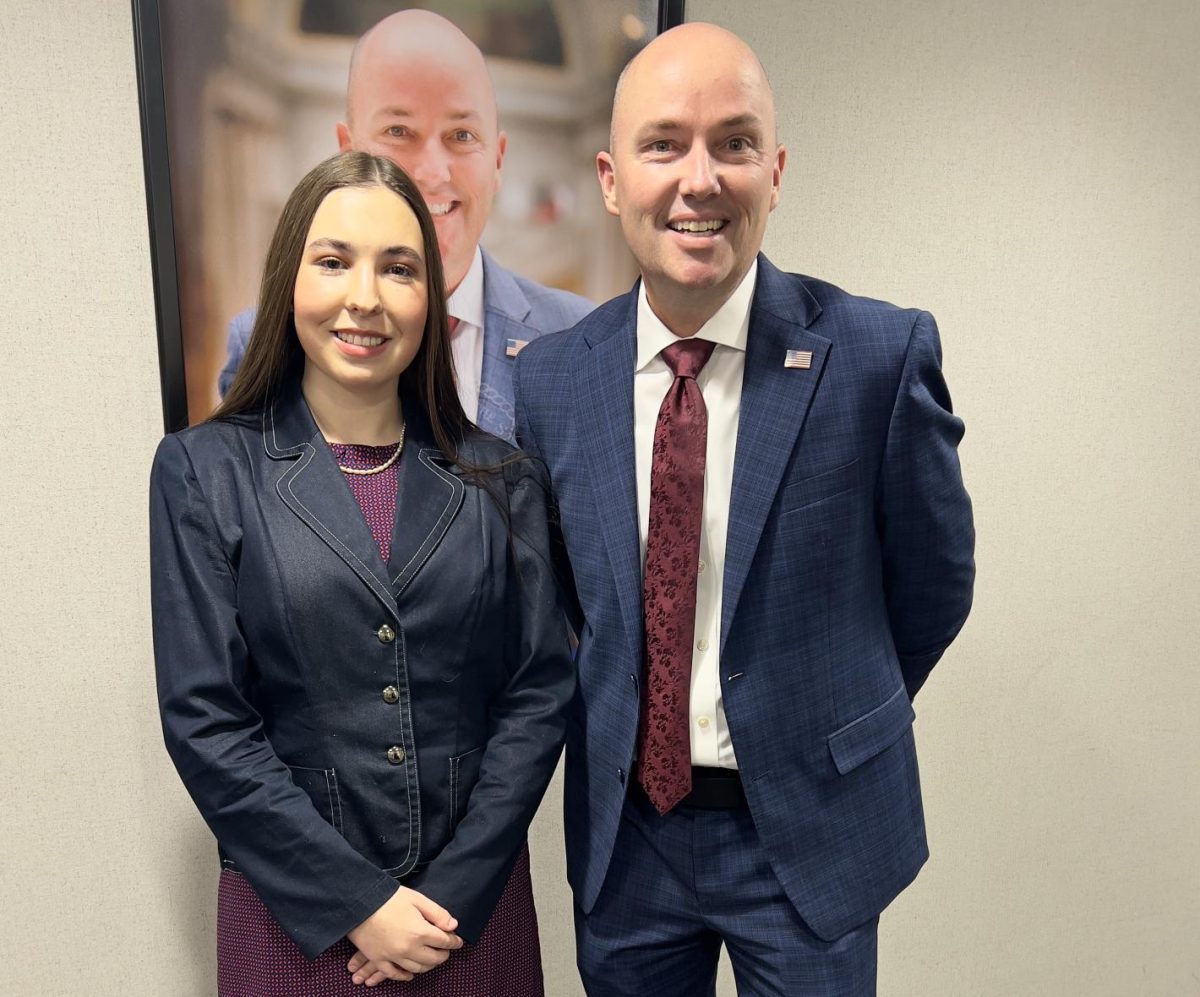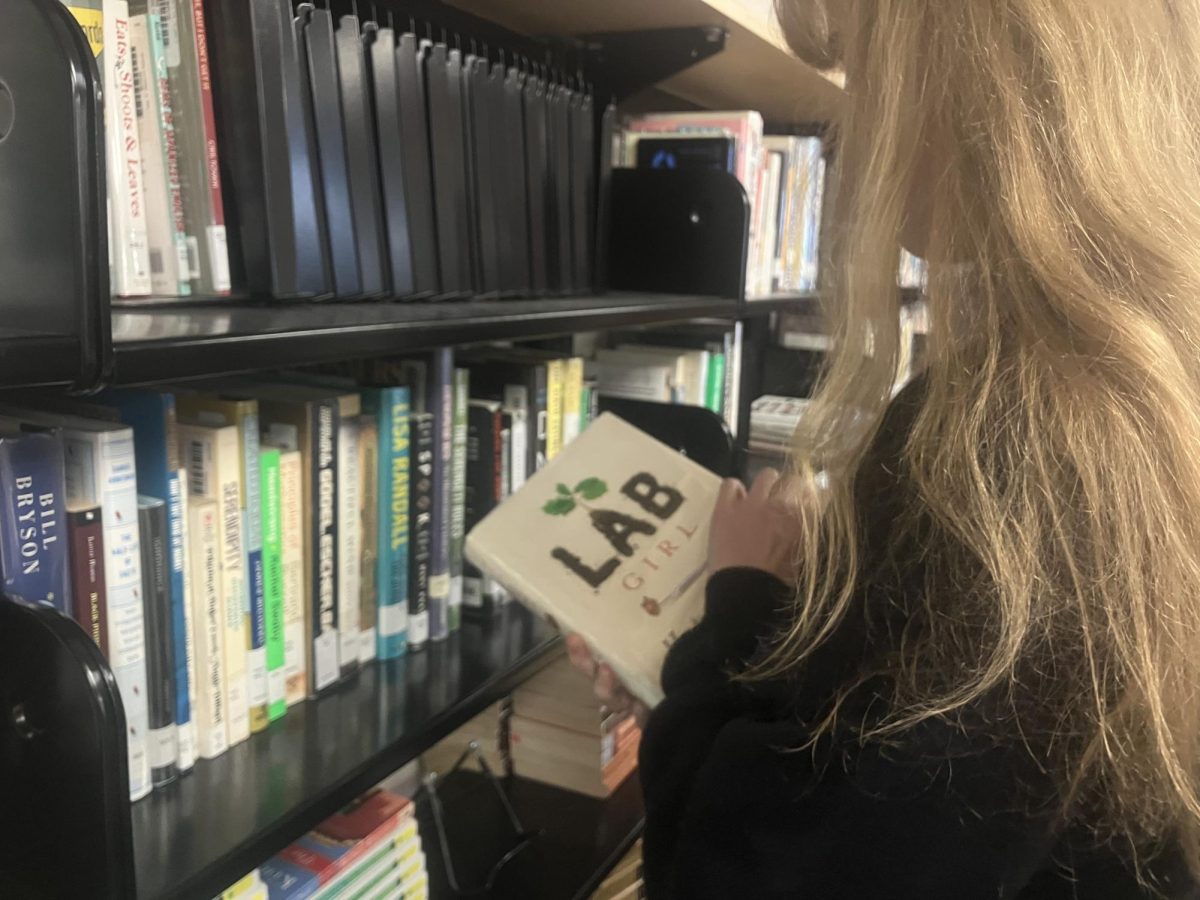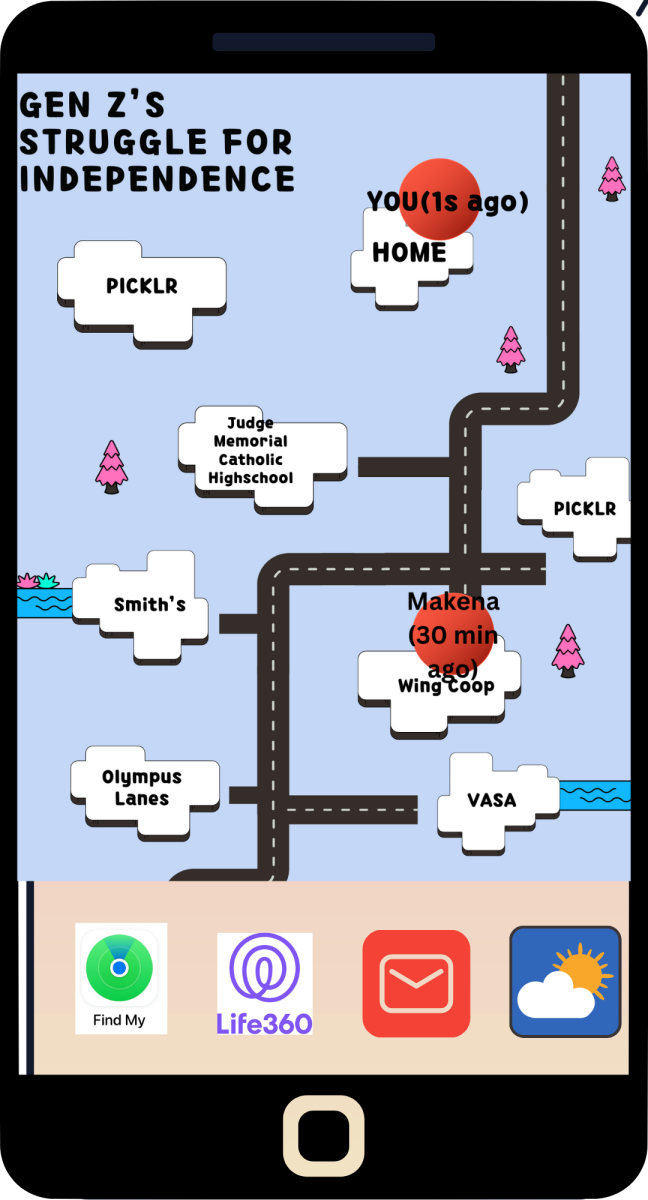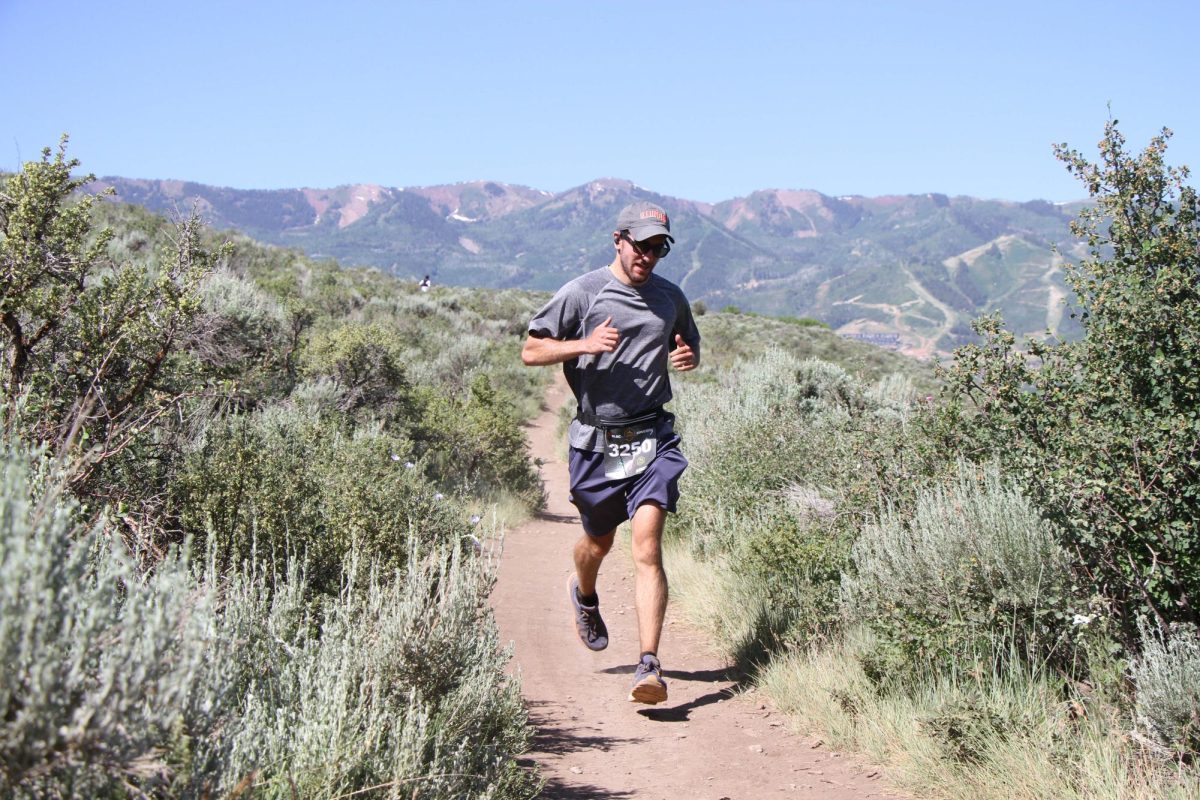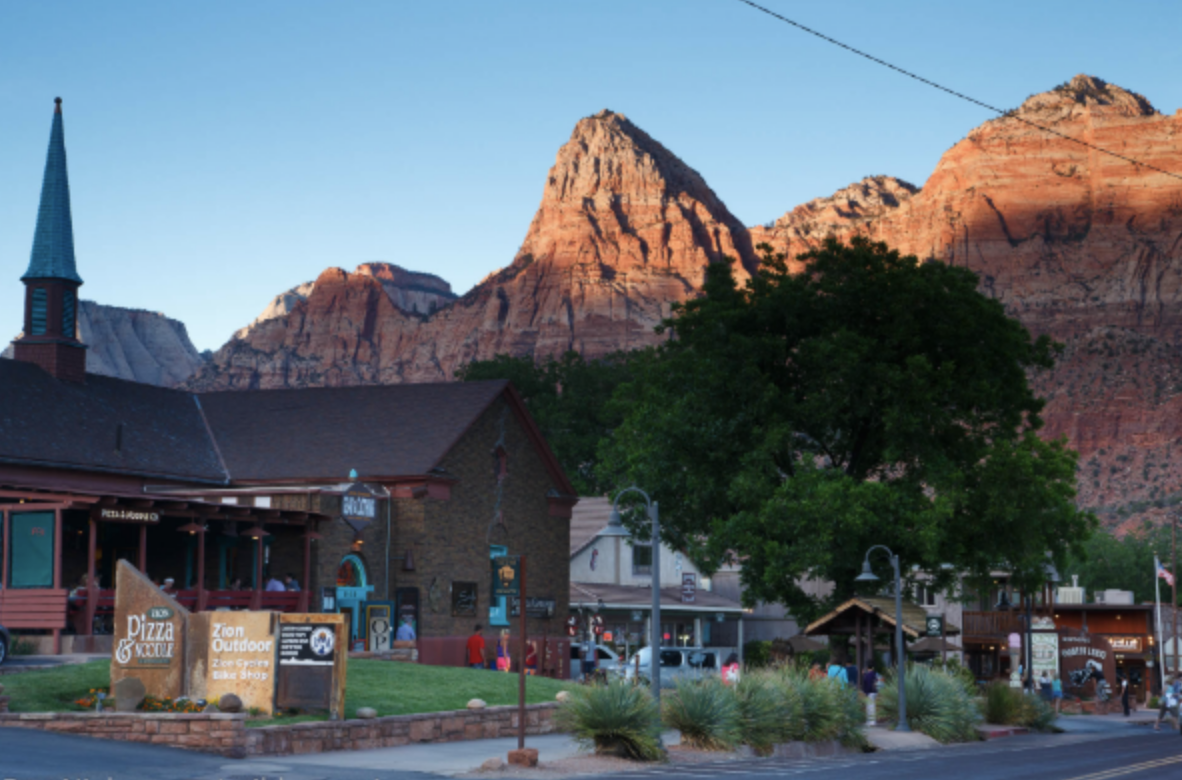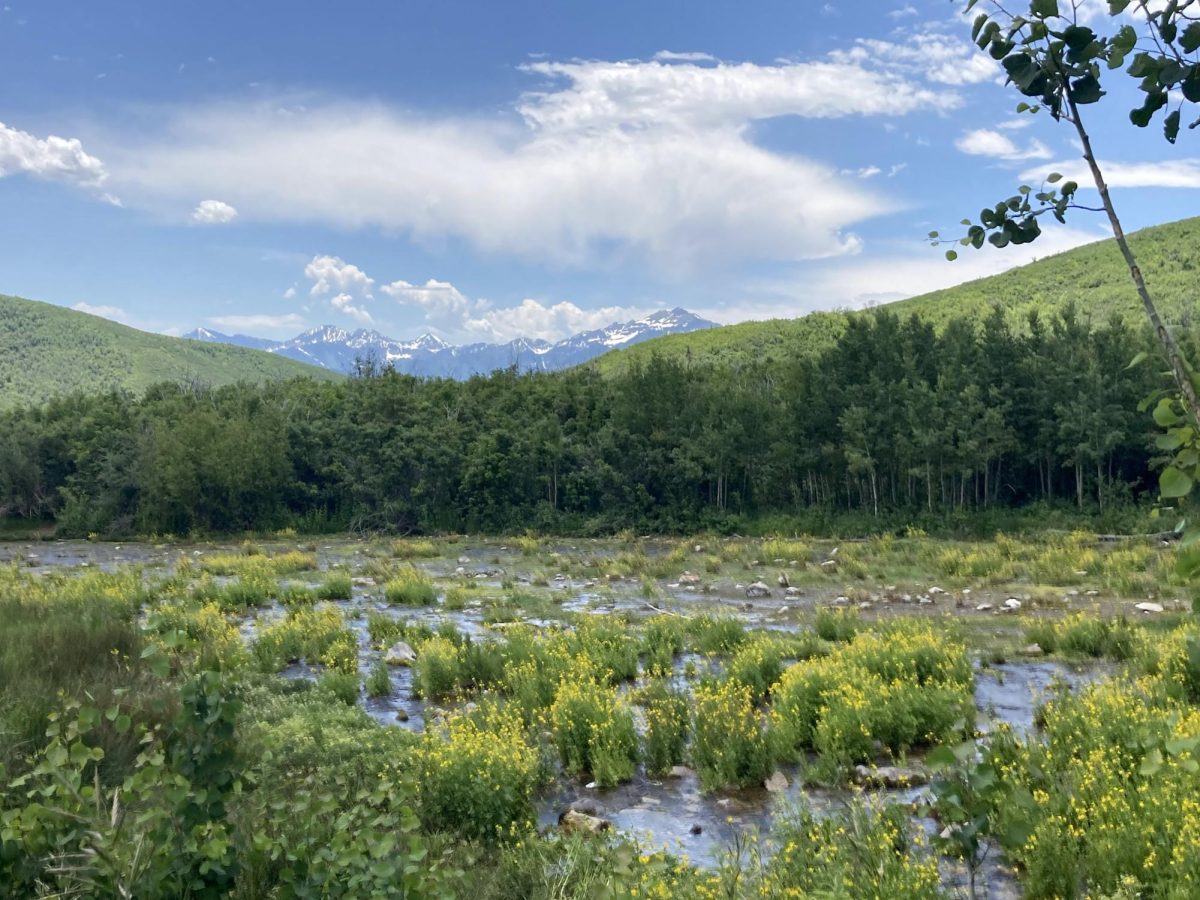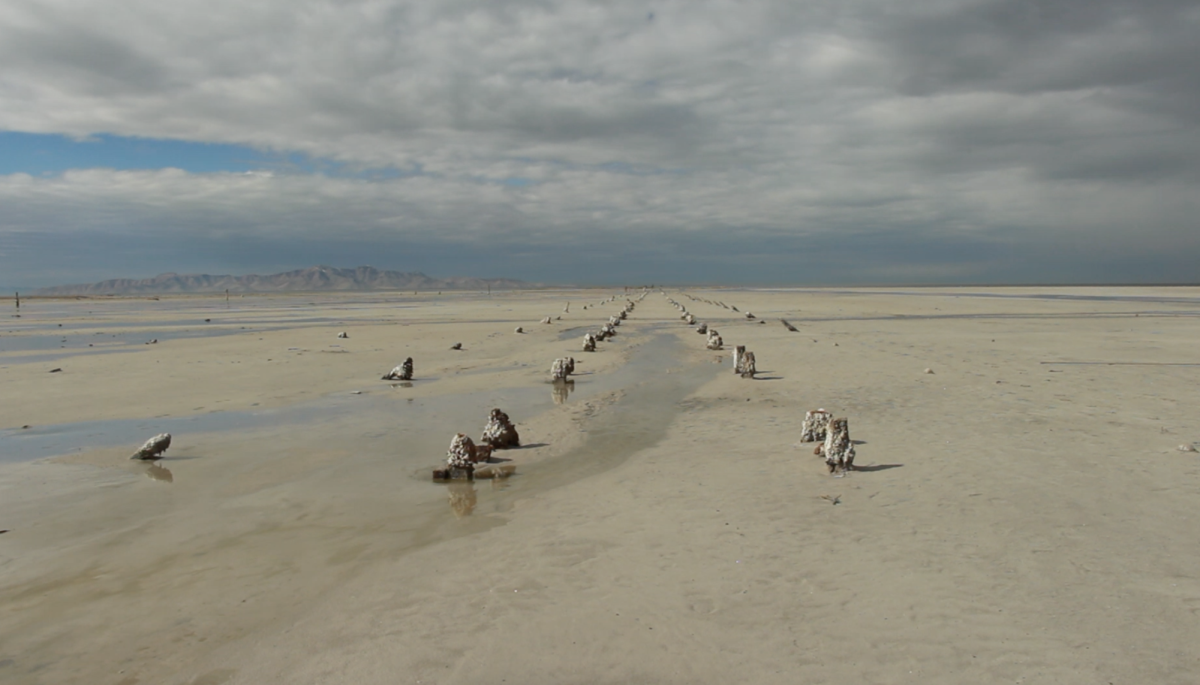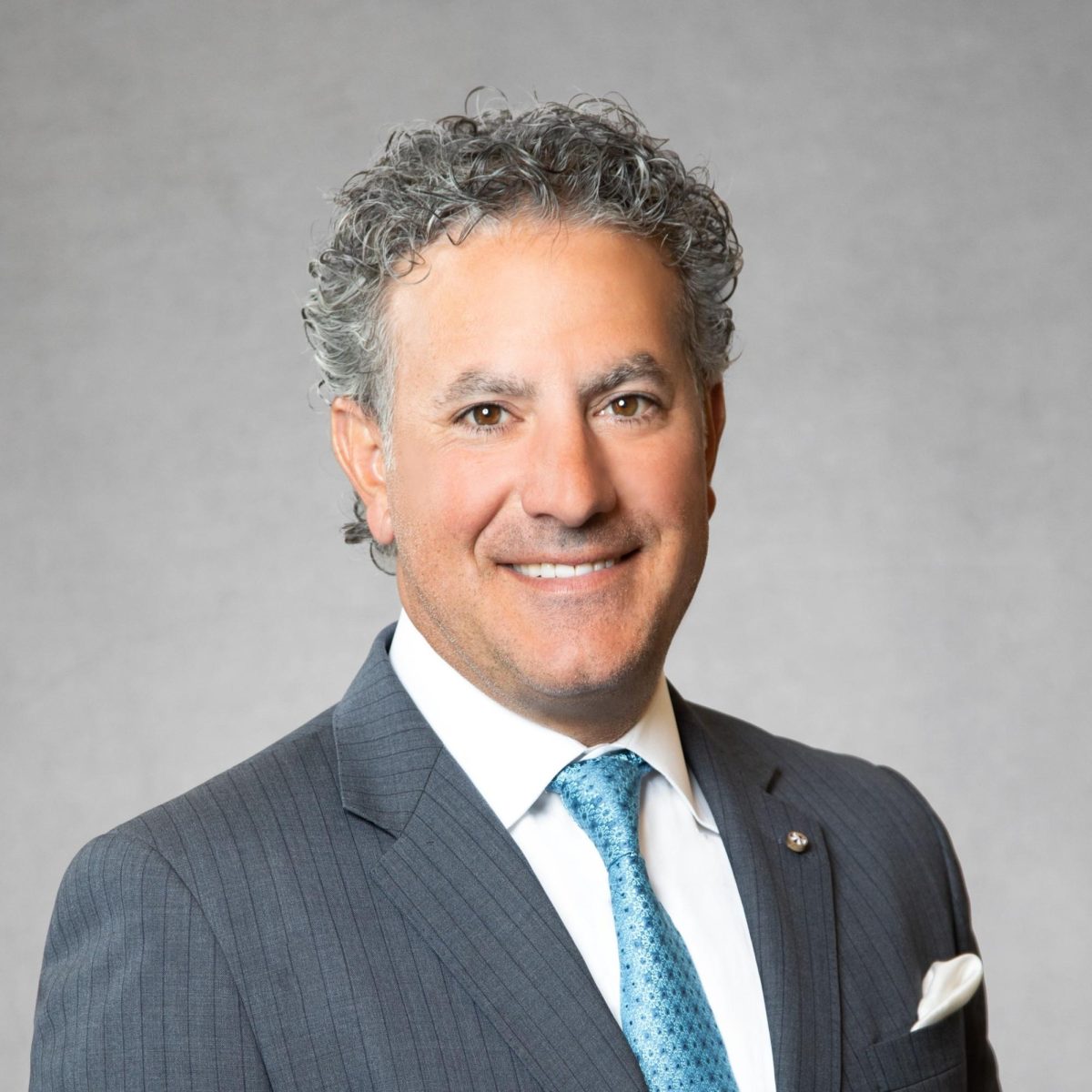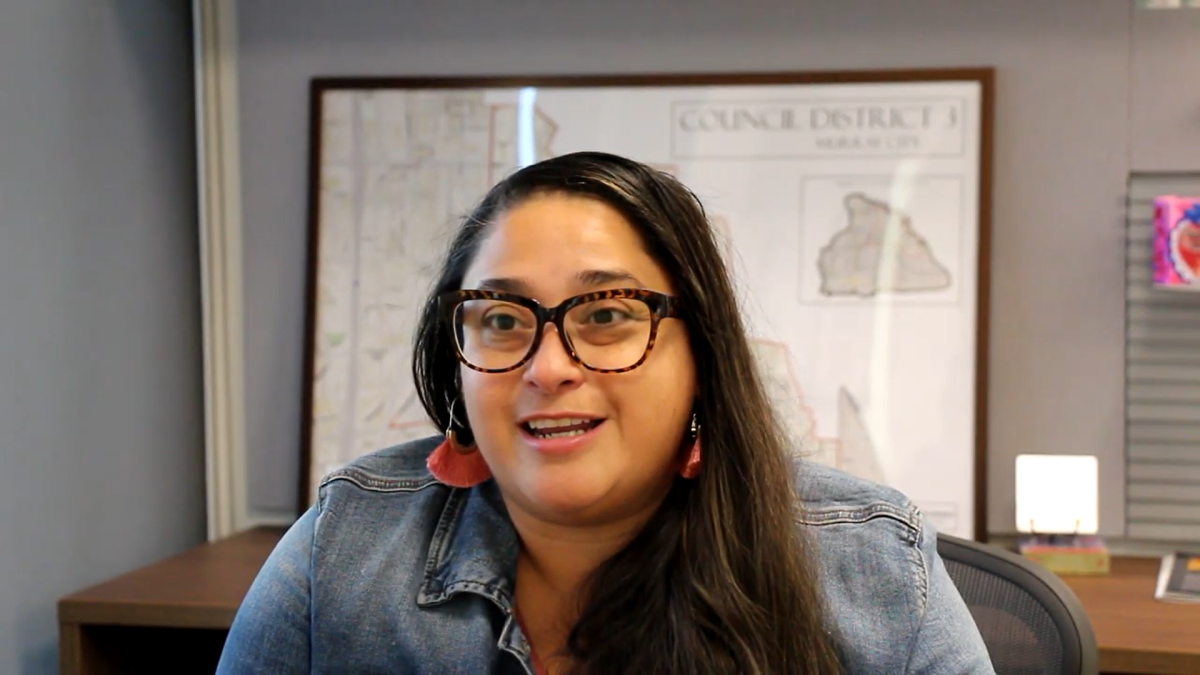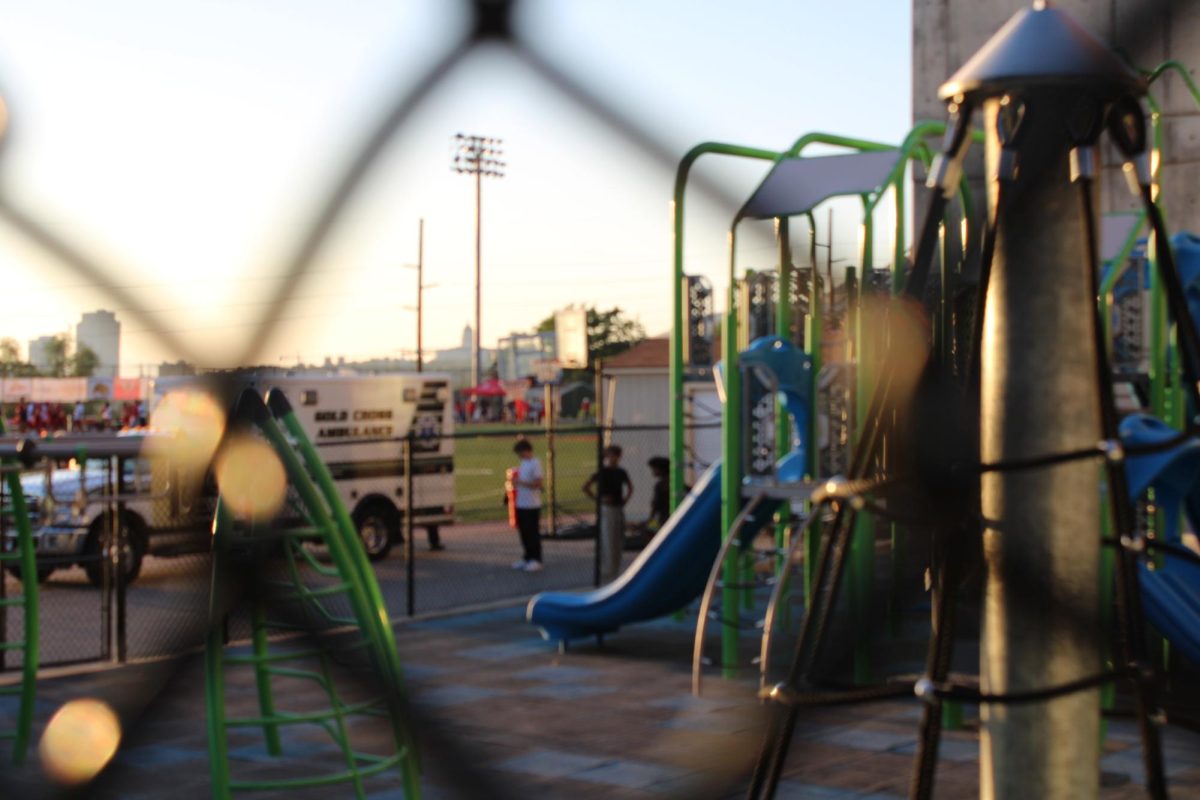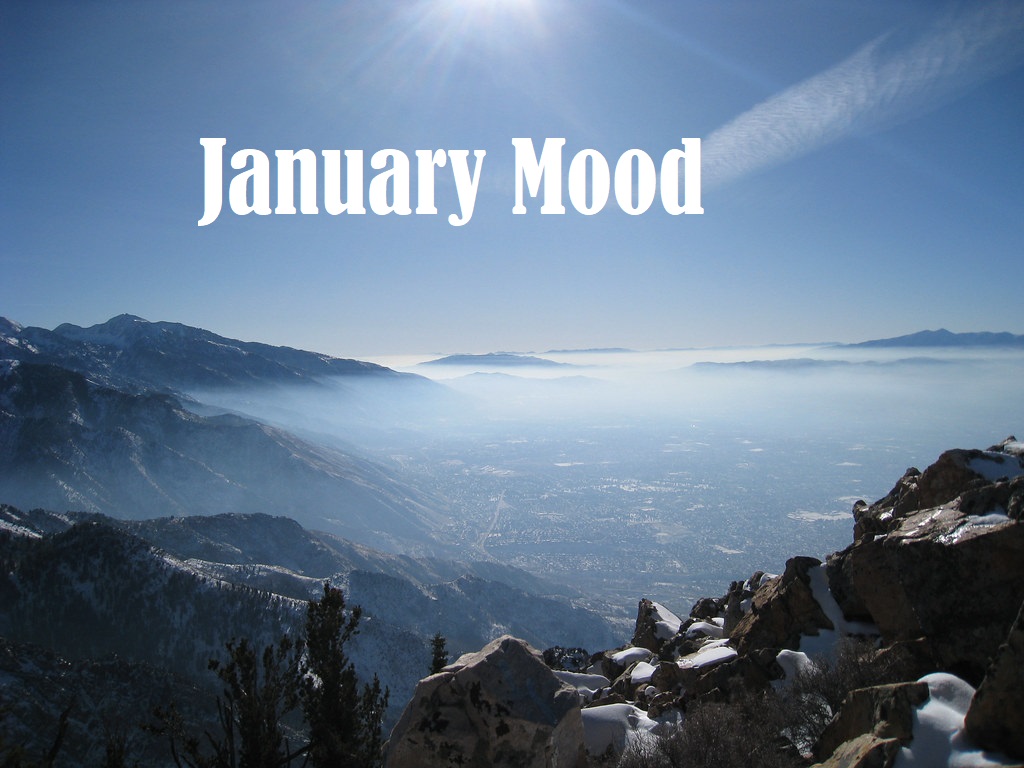According to the Washington Post, the Great Salt Lake has lost roughly 40 billion gallons of water annually since 2020. This is equivalent to 302.8 billion water bottles and enough water to supply 1.33 million homes for an entire year, and this is just the amount of water the lake loses in one year. This water loss is causing the lake to dry up far more rapidly than researchers predicted.
While many solutions to this problem have been put forth, one viable method that has been suggested is giving the lake legal personhood.
This is part of a larger Rights of Nature movement, which aims to give features of nature, including lakes, streams, rivers, forests, and animals legal personhood and the rights to exist and remain healthy. Certain non-human entities, such as corporations and nonprofits, already have legal personhood under US law. This is what allows them to sue other people and entities, be sued, and own property, so giving legal personhood to non-human entities is not a new concept.
But with H.B. 249, Utah Legislature would ban features of nature in the state from gaining legal personhood, blocking this viable conservation measure that would help the Great Salt Lake and other aspects of nature in the state that are at risk. However, H.B. 249’s ban on the granting of legal personhood to natural features is a mistake.
The Rights of Nature movement is based on the concept that nature and humans should exist codependently, instead of humans taking advantage of nature. In legal terms, that means giving nature personhood in legal matters including the right to exist and be healthy. At this point, this would be an effective measure to gain legal support for preserving the lake since up until now not much has been done to help the lake despite its continued shrinking.
Also, legal personhood has been granted to natural features in several other countries, including Ecuador, New Zealand, Colombia, and India, and other US cities. Since legal personhood is not a new concept that has been proven to work in other countries and cities, and because it would be effective in this situation, the Utah Legislature should not let H.B. 249 pass.



